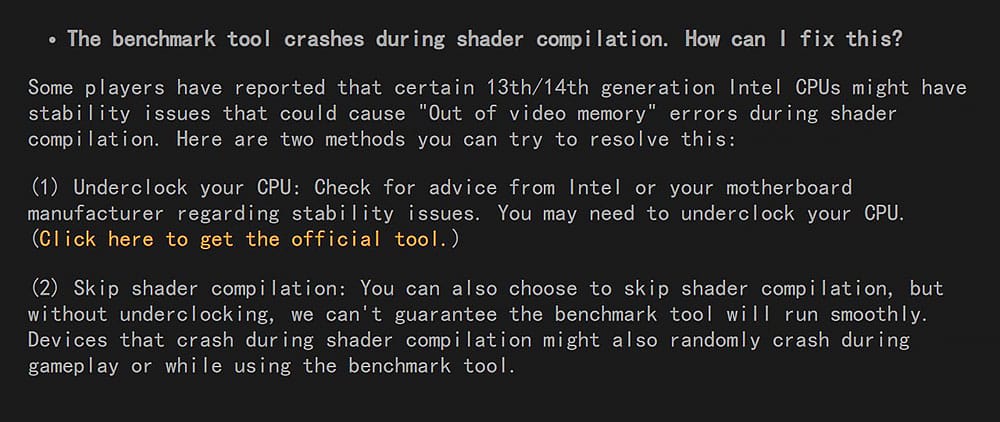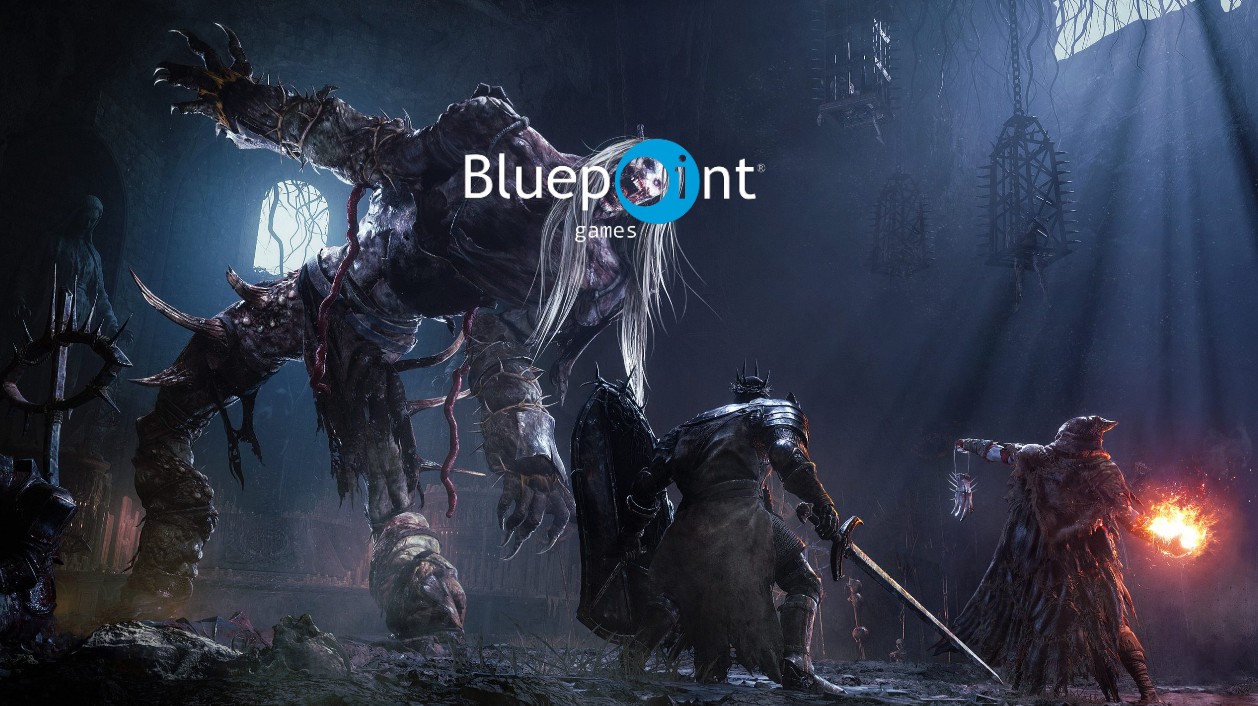- Intel users are reporting problems while running the Black Myth: Wukong benchmark.
- It seems that lowering CPU speeds is a potential solution, but it may cause worse performance.
- Intel recently released a microcode update to address CPU instability, but the update does not seem to have done much.
Intel’s 13th and 14th-generation stability problems have been going on for a while. Many users are even switching to AMD because of the prevalent issues, but the company has not been able to solve the problem.
Team Blue shipped the latest microcode, 0x129, as its ultimate weapon. Microcode 0x129 seemed to work well until one of the most anticipated upcoming titles of 2024, Black Myth: Wukong, launched its benchmarks on Steam.
Why it matters: Black Myth: Wukong is shaping up to be a massive launch. If millions of Intel users are unable to play the title at release, team Blue’s situation will quickly go from bad to worse.

Scheduled to arrive on August 20, this action RPG has recently released a free benchmark tool for Steam users. The game has already impressed audiences with its high-quality visuals, which can be seen in the benchmark.
Similar to numerous other benchmarks, this one also compiles the shaders before execution in order to maximize performance before running the test. However, the benchmark crashes on Intel CPUs, and the error shown above is displayed.
This appears to be caused by an issue with 13th—and 14th-generation Intel Core CPUs, as we observed months ago in a related topic. In this instance, the frequency of one or more cores is momentarily elevated to the maximum, and the voltage produces instability.
It hasn’t been a week since Intel launched its microcode solution, and this is happening. However, some users report that with microcode 0x129, they customized some parameters in the Intel default settings and did not receive this message.

Those that changed settings too much might experience issues with the updated microcode.
In fact, according to Game Science, Black Myth: Wukong’s publisher and creator, customers would need to manually lower their CPU speeds or forego compiling the shaders altogether to solve the problem.
The main issue is that this will lead to performance loss in certain situations. As a result, it becomes evident in the absence of other information and proof that the microcode for some CPUs came late and that an RMA will be required.
Thank you! Please share your positive feedback. 🔋
How could we improve this post? Please Help us. 😔
[Editor-in-Chief]
Sajjad Hussain is the Founder and Editor-in-Chief of Tech4Gamers.com. Apart from the Tech and Gaming scene, Sajjad is a Seasonal banker who has delivered multi-million dollar projects as an IT Project Manager and works as a freelancer to provide professional services to corporate giants and emerging startups in the IT space.
Majored in Computer Science
13+ years of Experience as a PC Hardware Reviewer.
8+ years of Experience as an IT Project Manager in the Corporate Sector.
Certified in Google IT Support Specialization.
Admin of PPG, the largest local Community of gamers with 130k+ members.
Sajjad is a passionate and knowledgeable individual with many skills and experience in the tech industry and the gaming community. He is committed to providing honest, in-depth product reviews and analysis and building and maintaining a strong gaming community.




